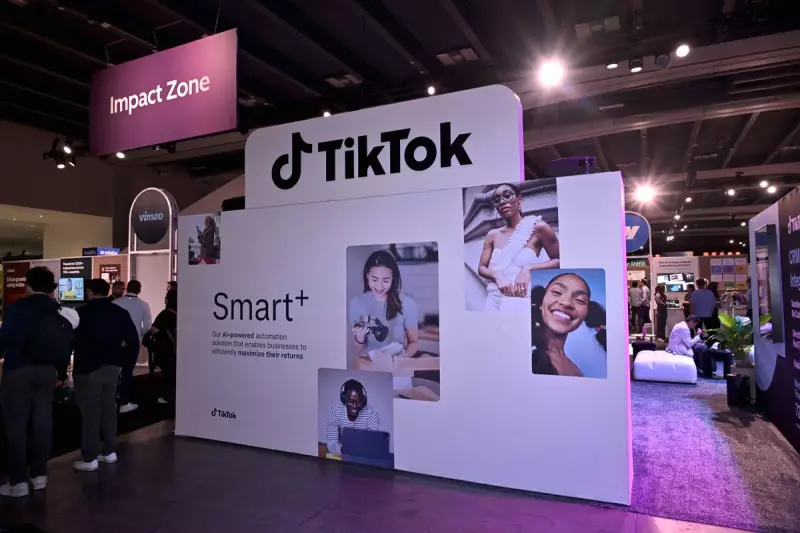
The protracted technological standoff between the United States and China has entered a critical phase as the deadline imposed by former President Donald Trump for ByteDance to divest from TikTok approaches. The executive order, issued during Trump's final months in office, mandated that the Chinese parent company sell its interests in the popular video-sharing application or face an effective ban in the United States.
The ongoing confrontation represents more than mere corporate restructuring; it embodies the escalating technological cold war between the world's two largest economies. American officials have repeatedly expressed national security concerns, alleging that TikTok's ownership structure could enable the Chinese government to access sensitive user data or deploy the platform for influence operations.
National Security Concerns and Political Implications
Security analysts and government officials have raised alarms about the potential for user data to be accessed by Chinese authorities under the country's national security laws. These concerns have transcended political affiliations, creating rare bipartisan agreement in Washington regarding the need for stringent oversight of foreign-owned technology platforms.
The Trump administration's hardline stance has presented the Biden administration with a complex inheritance. Current officials must now determine whether to enforce the divestment deadline, extend negotiations, or pursue an alternative solution that addresses security concerns while acknowledging the app's cultural and economic significance to millions of Americans.
Economic and Social Impact of Potential Ban
TikTok has become deeply embedded in American digital culture, particularly among younger demographics. The platform has evolved from an entertainment application to a significant marketing channel, news source, and economic engine for content creators and small businesses.
A forced divestment or ban would create immediate ripple effects across multiple sectors, affecting:
- Over 1,500 American employees directly employed by TikTok
- Thousands of content creators who rely on the platform for income
- Small businesses that have built their marketing strategies around TikTok's algorithm
- Media organizations that use the platform for distribution and engagement
The situation remains fluid, with ongoing discussions between TikTok representatives and Committee on Foreign Investment in the United States (CFIUS) officials. TikTok has consistently denied allegations of data sharing with the Chinese government and has implemented measures to distance its US operations from its Chinese ownership.
As the deadline looms, stakeholders across the political and technological spectrum await decisive action that will shape the future of international tech ownership and digital sovereignty for years to come.





